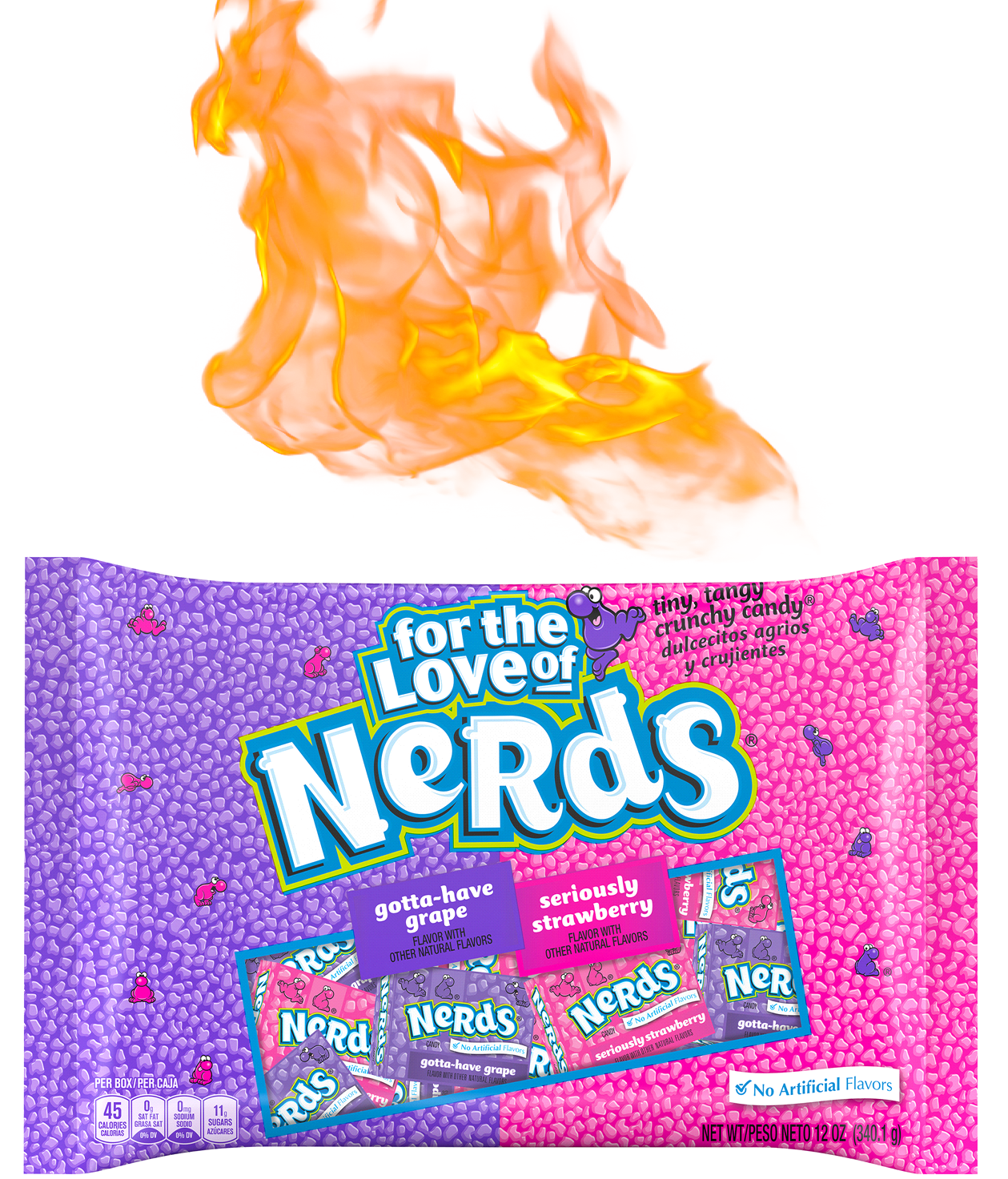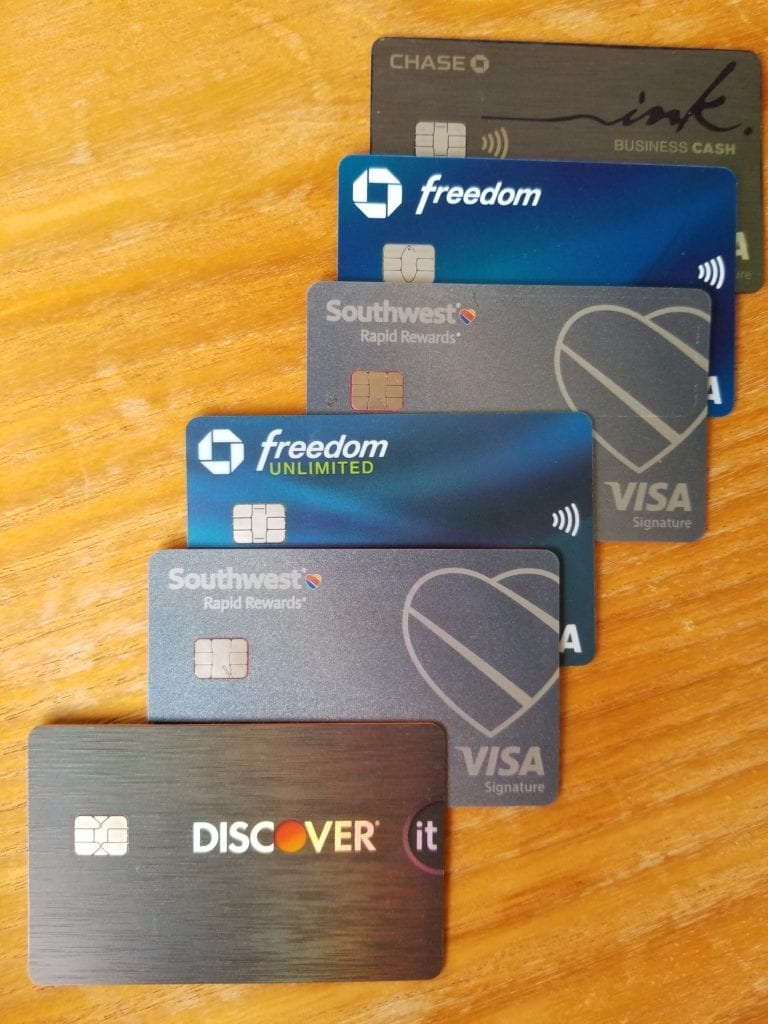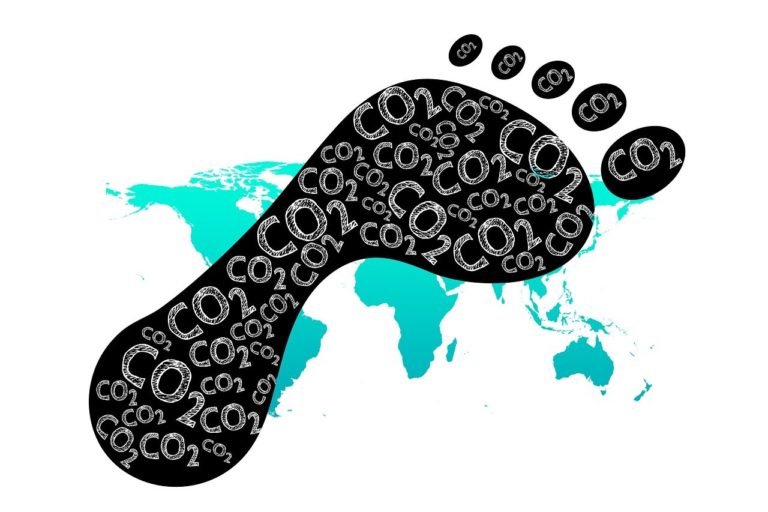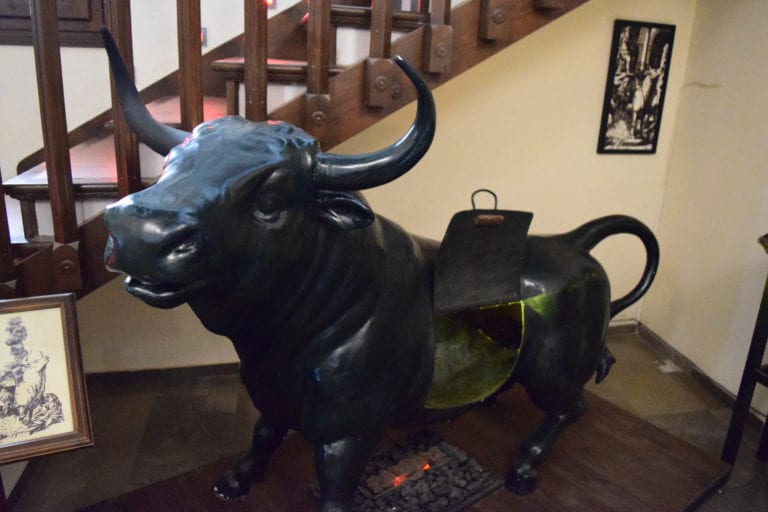Ah the three R’s. No not reading, writing, and ‘rithmatic. I’m talking about the three R’s that actually start with the letter R; Reduce, Re-use, and Recycle. If you grew up in a crunchy blue state like I did, you may have learned about this in your 5th grade class room. I remember it vividly, back before I was Mrs. Nerd, I was just a little Nerd. I was sitting in my classroom, hyper-alert because we were learning about Science. We were learning about Nature, pollution, the greenhouse effect, and energy. It was all SUPER cool. And we learned about ways of reducing our impact on our natural environment with the three R’s. Firstly, the most important one was reduce consumption, then there was re-use goods, and lastly recycle. This was a fancy process that allows us to divert some of the consumer waste from the land-fill to be used again. But there’s a cost. It uses a lot of energy, resources, and labor to make this work and it’s nowhere near 100% efficient. So although we learned a lot about recycling, the message I should have taken home was that this was not nearly as important as buying less stuff, especially single-use, non-reusable items. I don’t know if this was intentional on the textbook writer’s part but I definitely left 5th grade with a very unclear understanding of what the first R really meant. Reduce.
If you really think about it, “reduce” is a pretty subversive command. So much of the modern American way of life is about consumption. We are bombarded with messages to spend more and to buy more stuff; from advertising and from our peers and colleagues. Our collective understanding of the difference between wants and needs is at best extremely fuzzy. We are a bunch of overworked, overtired, and overstressed people that try to self medicate with social media, television, caffeine, alcohol, junk food, and “retail therapy”. With all of these distractions and intoxicants flooding our brains no wonder we can’t think clearly about whether we really want to make that next purchase.
Coming from an ecology background the people in my life tend to be super aware of environmental issues. They recycle, they “eat local”, and they buy sustainable products. I have always tried to be a more “conscious consumer” as well. I recently came to the realization that lowering my consumption by decreasing spending is having a much larger impact on my carbon footprint than buying these “sustainable” products. For example I want to stop using single use forks because I don’t want to be contributing to the amount of plastic that ends up in the landfill and eventually breaks down into greenhouse gases that enter our atmosphere. So I can instead go to the store and buy a brand new bamboo spork that’s meant to be carried around with me in my purse and used instead of the plastic forks at the restaurant. What? Why not just bring one of the perfectly good forks that you already own instead? There’s often really no need to buy extra things to “be sustainable”. Real sustainability isn’t a marketing gimmick. Better yet, skip the meal out and pack your own lunch in a reusable food container and cut down on the wrapper or box. Skip the extra miles in your car, skip the extra raw materials that are wasted to make single serving containers, skip the fossil fuels that are used to ship these containers all around the planet and to your restaurant. Save money and save the world at the same time.
Obviously “sustainable” products are sometimes a better option for the environment but having that label doesn’t make it true. And it’s always better to examine your purchases to see if you really need to buy another thing in the first place. Will the forks that you already own do the trick? Even “sustainable” and “eco-friendly” products almost always require the use of natural resources and fossil fuels in their creation and distribution. That’s why Reduce is the first R of the 3 R’s. Usually the best option for the planet is just to buy less stuff. It doesn’t have to be complicated.




